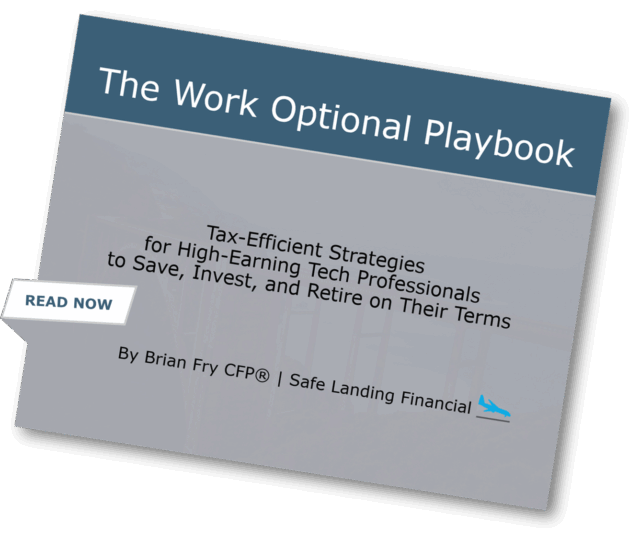Past investment performance is no guarantee of future results. While often ignored, this is especially true for investors when choosing mutual funds. As an investment advisor in Los Angeles, I’ve seen some investors select mutual funds based on their past returns. Yet, past performance offers little insight into a fund’s future returns. For example, most funds in the top quartile (25%) of previous three-year returns did not maintain a top‐quartile ranking in the following three years.
Whether picking between funds, working with a fee-only investment advisor in Los Angeles or preparing for an international trip, pricing matters. Active investment management typically involves higher fees and trading costs with a portfolio manager trying to outperform the market. It’s easy to doubt the value of active investment management strategies when considering performance and survivorship of mutual funds. If there was an ability to identify mistakes and exploit mispriced securities, active investment management must be able to outperform their management fee and trading costs to outperform the market.
Riding the ups and downs of the stock market roller coaster can provide for a thrilling and stressful experience. As a Los Angeles fee-only financial planning firm, there are decisions clients face when developing an investment strategy. These decisions are based on removing emotion, lowering risk, capturing global market returns and tailoring investments to meet their financial plan. Over the next several weeks, I will share ten decisions investors face as they try to build long-term wealth in the capital markets.
As a Los Angeles investment advisor, index funds have received increased attention from investors and the financial media over the last several years.
Some have even made claims that the increased usage of index funds may be distorting market prices. For many, this argument hinges on the premise that indexing reduces the efficacy of price discovery. If index funds are becoming increasingly popular and investors are “blindly” buying an index’s underlying holdings, sufficient price discovery may not be happening in the market. But should the rise of index funds be a cause of concern for investors? Using data and reasoning, we can examine this assertion and help investors understand that markets continue to work, and investors can still rely on market prices despite the increased prevalence of indexing.
Costs matter. Whether you’re buying a car or selecting an investment strategy, the costs you expect to pay are likely to be an important factor in making any major financial decision. People rely on a lot of different information about costs to help inform these decisions. When you buy a car, for example, the sticker price indicates approximately how much you can expect to pay for the car itself. But the costs of car ownership do not end there. Taxes, insurance, fuel, routine maintenance, and unexpected repairs are also important considerations in the overall cost of a car. Some of these costs are easily observed, while others are more difficult to assess. As a Los Angeles fee-only investment management firm, it’s important to consider fees when investing in mutual funds, different variables need to be considered to evaluate how cost‑effective a strategy may be for a particular investor.







